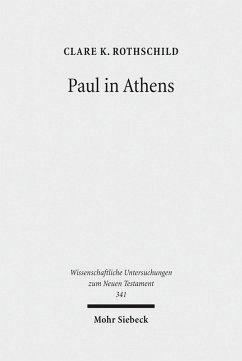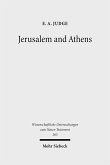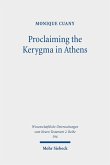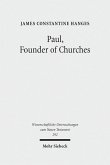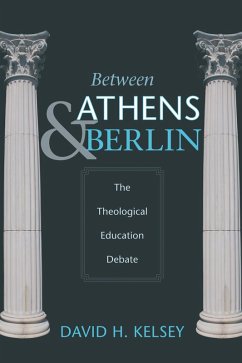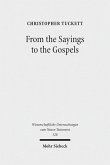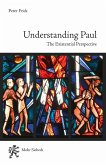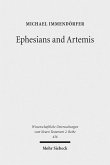Paul's visit to Athens, in particular his Areopagus speech, is one of the most well known excerpts of early Christian literature. It is the most significant speech by Paul to a Gentile audience in Acts and functions as a literary crest of the overall narrative. Yet at the same time the speech is brief and possesses few specifically Christian terms. Critical analyses describe it as eclectic-an ad hoc blend of Greek and Jewish elements. In this study, Clare K. Rothschild explores how the apparently miscellaneous and impromptu components of Paul's speech and visit to Athens cohere when compared to the nexus of ubiquitously popular second-century traditions crystallized around the ancient Cretan prophet Epimenides. Precursor to the Rip Van Winkle legend, Epimenides was numbered among the seven sages, dubbed ???? ????? by Plato, and venerated as cult transfer figure par excellence for transferring Cretan Zeus worship to Athens. Rothschild exposes correspondences between Epimenidea and the Lukan Paul, focusing on, but not limited to, the altar inscribed to 'an unknown god' and the saying, 'In him we live and move and have our being' (17:28a). Scholars have overlooked the significance of Epimenidean traditions by clinging too fervently to the presence of Stoic and Epicurean philosophers in Acts 17. The present treatment does not deny connections between Paul's Areopagitica and popular philosophical ideals, but seeks to show that, in tandem with these motifs, the episode of Paul in Athens utilizes popular 'religious' topoi to reinforce the Lukan theme of cult transfer. Born 1964; 1986 BA University of California, Berkeley; 1992 MTS Harvard University; 2003 PhD University of Chicago; 2006 postdoctoral fellow Alexander von Humboldt Foundation at Ludwig-Maximilians-Universität München; currently Professor of Scripture, Department of Theology, Lewis University (USA) and Professor Extraordinary, Department Ancient Studies at Stellenbosch University (South Africa).
Dieser Download kann aus rechtlichen Gründen nur mit Rechnungsadresse in A, B, BG, CY, CZ, D, DK, EW, E, FIN, F, GR, HR, H, IRL, I, LT, L, LR, M, NL, PL, P, R, S, SLO, SK ausgeliefert werden.

